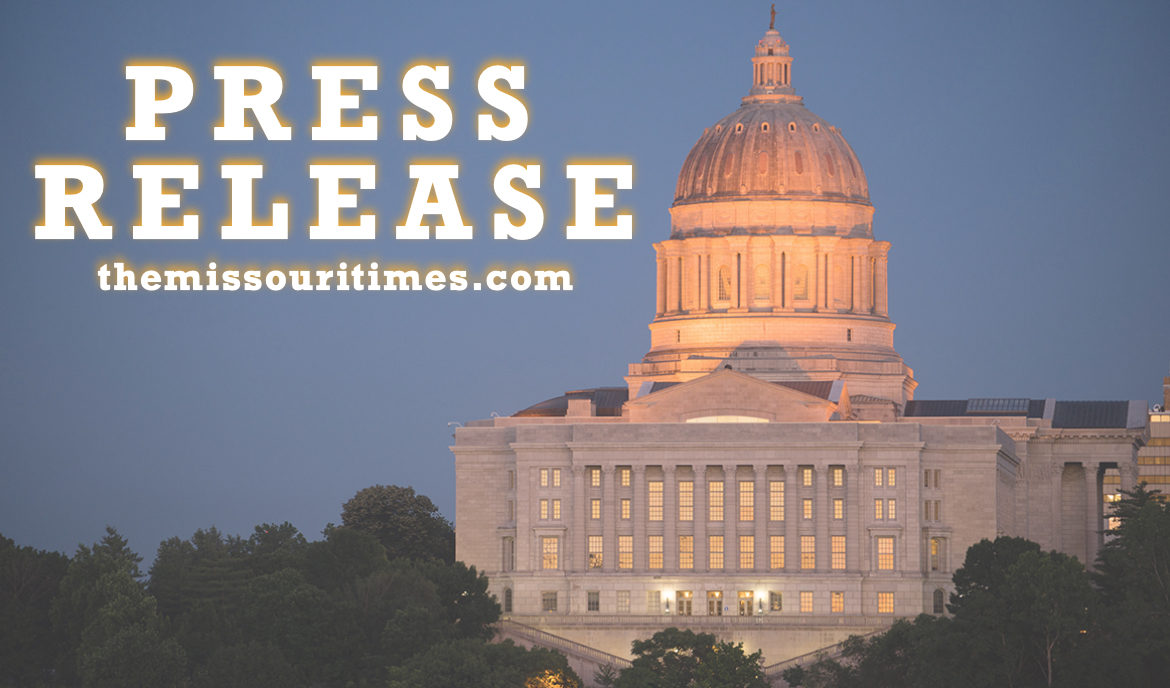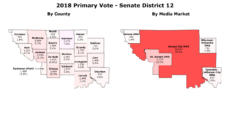Last week, Americans for Tax Reform founder Grover Norquist sent a letter to the Utilities Committee, Missouri House of Representatives, in support of H.B. 2057, which would protect Missourians from paying higher taxes and unnecessary extra fees on streaming services. Some Missouri municipalities have considered imposing franchise fees on streaming services. Local franchise fees are applied to television (primarily cable) providers, who must pay cities and towns for their use of public rights-of-way. For example, if a cable provider needs to dig up a section of the road to install a network cable, the town can charge a franchise fee to operate in the area as compensation for the disruption.
Streamers, however, use the internet to reach homes. This means they either use wireless, satellites, or existing cable connections to deliver content to homes and do not alter municipal infrastructure to reach customers.
If H.B. 2057 becomes law, it will prevent municipalities from imposing unnecessary franchise fees on streaming services and would be a victory for Missourians. Increasing taxes and fees on streaming services will only result in the costs being passed on to consumers.
Unfortunately, the city of Chicago has already imposed a 9% tax on streaming services under its “amusement tax,” which also applies to concerts and sporting events. The city expanded the definition of law in 2015 to include “amusements that are delivered electronically.” According to the Tax Policy Center, Other than Chicago, “thirty-three of the 45 states with a general sales tax and the District of Columbia include video streaming services in their sales tax base.” States like Kentucky and Florida have special conditions enforcing the fees. Kentucky classified Video Streaming Services as “multichannel video programming services” while Florida “stands out among the states by targeting streaming services in two ways: charging platforms both a 7% communications service tax and a general sales tax.”
A copy of the letter can be found here.










